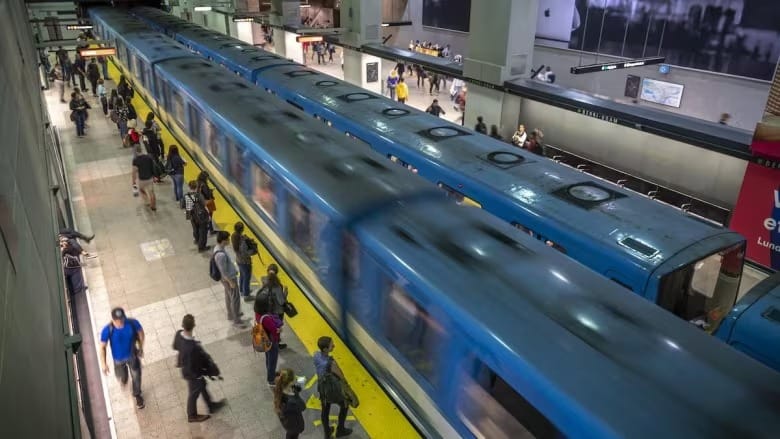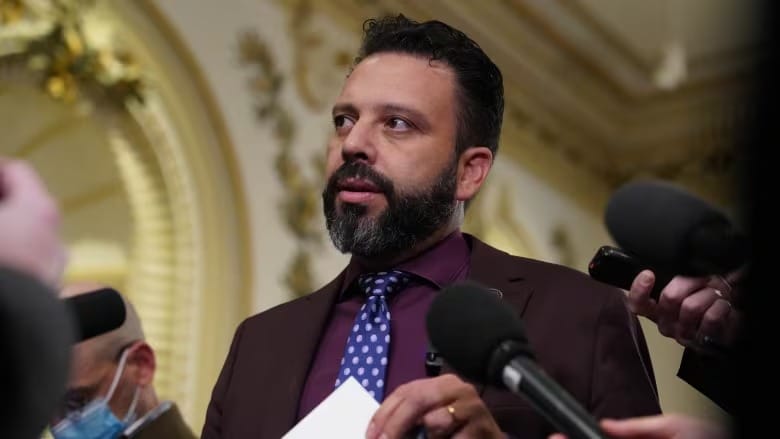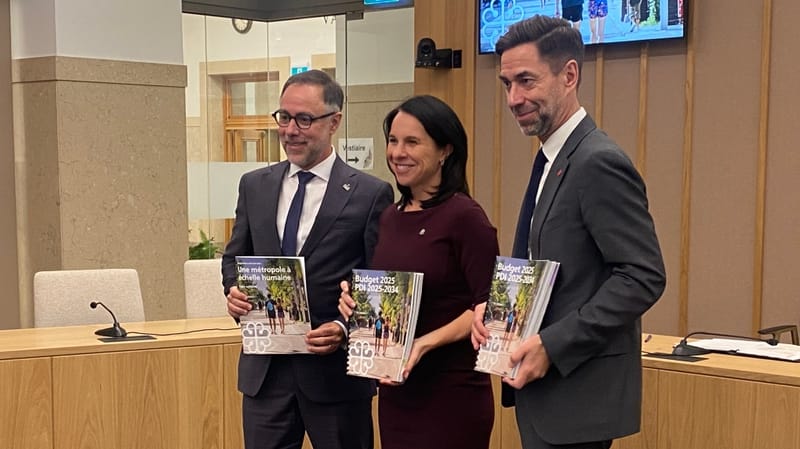Quebec's transit authorities could save $350M per year, according to audit
Most savings would come from subcontracting and reducing bus reserves

Quebec’s public transit agencies could reduce annual expenses by approximately $350 million, according to a recent report by consulting firm Raymond Chabot Grant Thornton. Key recommendations for cost-saving include subcontracting private-sector bus drivers, expanding on-demand transit models, and reducing reserve vehicle rates.
Transport Minister Geneviève Guilbault commissioned the report after announcing that the government would cover only 70% of public transit deficits in 2023. With Quebec’s public transit corporations projecting a $2.5 billion deficit over five years, Guilbault emphasized the necessity of these savings: “It doesn’t pretend to fix everything… Every dollar counts.” She called the report a “call to action” for addressing recurring budget deficits in collaboration with local authorities.
Among Quebec’s transit agencies, Montreal’s Société de transport de Montréal (STM) ranked seventh in efficiency, while Sherbrooke’s public transit authority topped the list. STM faces high maintenance and driver salary costs, though it has pledged to cut $100 million in expenses over five years by retiring 155 buses.
However, certain recommendations face challenges due to collective agreements protecting transit employees, which prohibit subcontracting union jobs. The report estimates that subcontracting could save $72 million, though changes would require renegotiation of these agreements, set to expire in early 2025. The transit union, Conseil provincial du secteur transport terrestre du SCFP-Québec, opposes these suggestions, arguing that transit workers should not bear the restructuring burden, especially when transit is crucial for reducing greenhouse gas emissions.
Lancelot Rodrigue, a researcher in urban planning, sees some potential in revisiting these agreements for greater flexibility but stresses that unions play a key role, especially during ongoing labor shortages. Rodrigue also points out that budget cuts might overlook the essential social function of transit, particularly for low-income users and individuals with limited mobility.
In light of these insights, Guilbault suggested that local municipalities should make the case for public transit as an essential service, a designation that would impact bargaining power between unions and employers. However, Rodrigue cautions that while the report is a valuable assessment, it may not address all budget challenges and calls for evaluating transit based on its broader societal role rather than solely cost.





